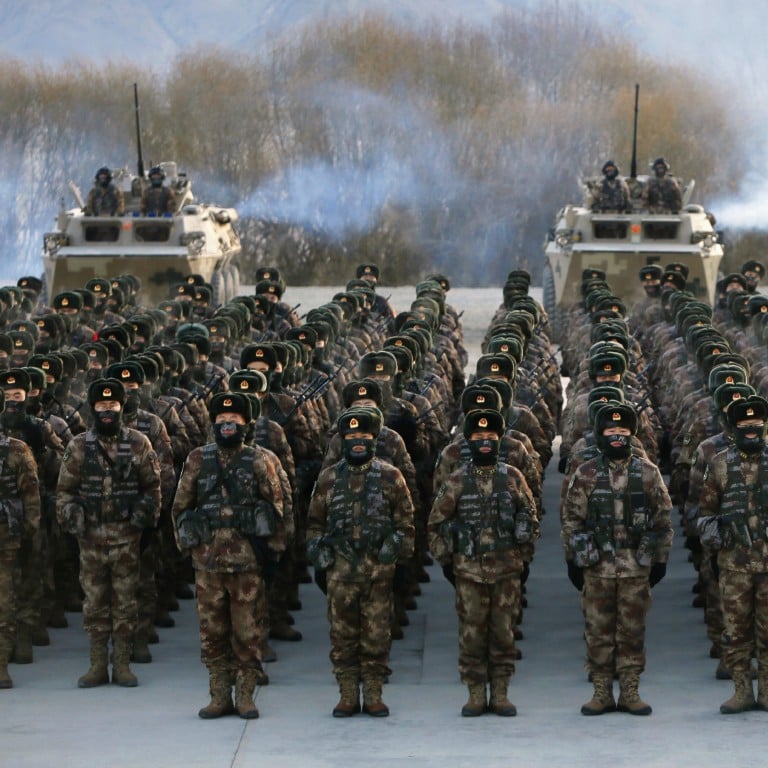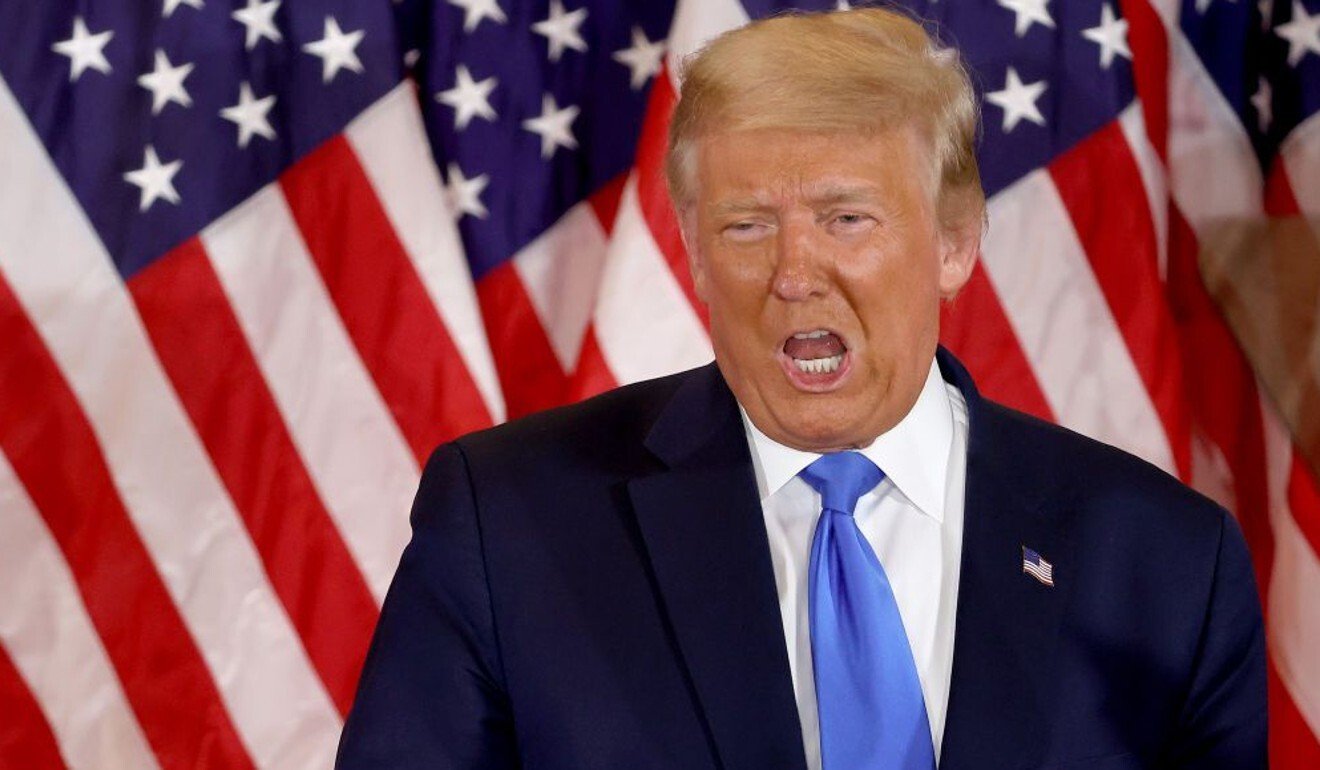
Focus on security issues constrains US-based China research, report says
- US demand for China research increased, but it focused on how the Asian country as a security threat, according to a survey
- China has often been reduced to a target in US domestic rhetoric, rather than a complex subject of multidisciplinary study, respondents say
US-based China researchers battled new restraints as interest became narrowly focused on security issues while China became increasingly inaccessible to them, according to an advisory organisation.
US demand for China research increased as the country evolved into a global powerhouse, but it focused on how the Asian country as a security threat, according to a survey published by the National Committee on United States-China Relations (NCUSCR) on Thursday.
“The current environment in the US in the geopolitical relationship towards China has pushed everything that’s happening in the China field toward this narrow lens of security,” said Rosie Levine, senior programme officer at NCUSCR that led the survey.
While interest increased in understanding China’s military modernisation, technological advances, and meteoric economic growth, many topics are viewed through the lens of security, both within and outside academia, the survey respondents said.

03:08
China sentences Canadian businessman Michael Spavor to 11 years for spying
As a result, China has often been reduced to a target in US domestic rhetoric, rather than a complex subject of multidisciplinary study, they said.
The survey, which asked 82 American academic centres, think tanks, and non-governmental organisations about China-related issues, aimed to assess the geopolitical developments between Beijing and Washington and how they have affected the work of US-based China scholars and institutions.
The results “paint a very concerning picture for the field that there is a lot of restraints compared to previous years,” said Levine.
Hi-tech tools may keep forced-labour goods out when US enacts Xinjiang ban
“The narrow focus on security means other issues like culture, history and political understanding of China has been sidelined to some extent,” she added.
The release of the survey results came amid louder pushback in recent months among lawmakers and civil rights groups that urged an investigation into the China Initiative, the programme established by the Justice Department in 2018 to counter theft of trade secrets and intellectual property.
In the results of Thursday’s survey, commissioned by Carnegie Corporation of New York, showed that US scholars and practitioners felt they had to find ways to navigate increasingly hostile environments in both countries.
Researchers and academics from Asia Society, Columbia University, and US Air Force’s China Aerospace Studies Institute, said the deteriorating US -China relations have politicised the field and limited scholars’ ability to conduct productive research, the survey results showed.

Respondents said it has become problematic “to express balanced views lest they be labelled excessively pro-China”.
Researchers and academics also said they were concerned for their own safety in China following the incidents of the arbitrary detentions of Canadians Michael Kovrig and Michael Spavor by Chinese authorities since December 2018.
According to the survey results on Thursday, researchers and academics said they found themselves caught in the crossfire resulting from the hawkish approach taken by former president Donald Trump that sent the bilateral relations in a downward spiral.

